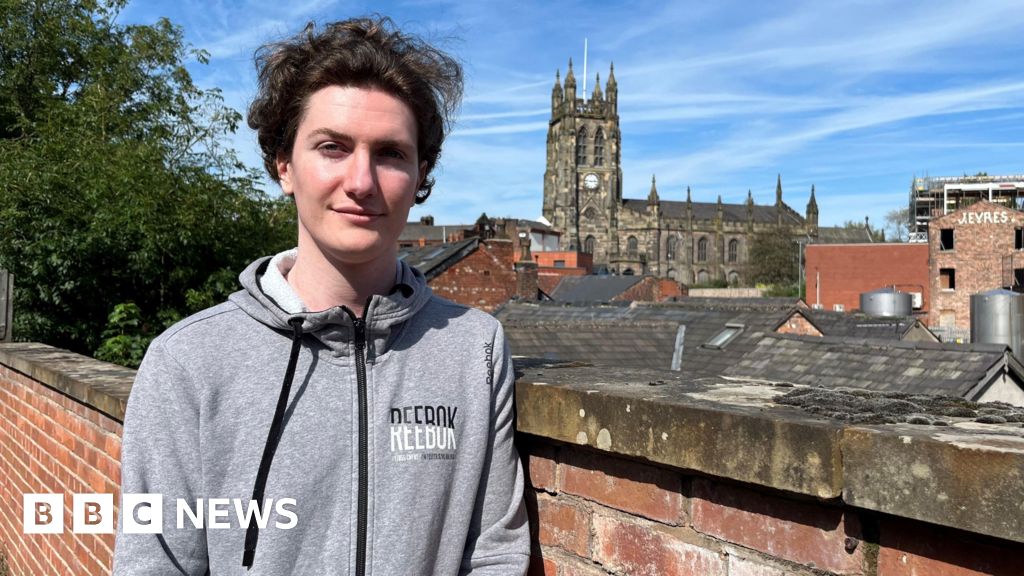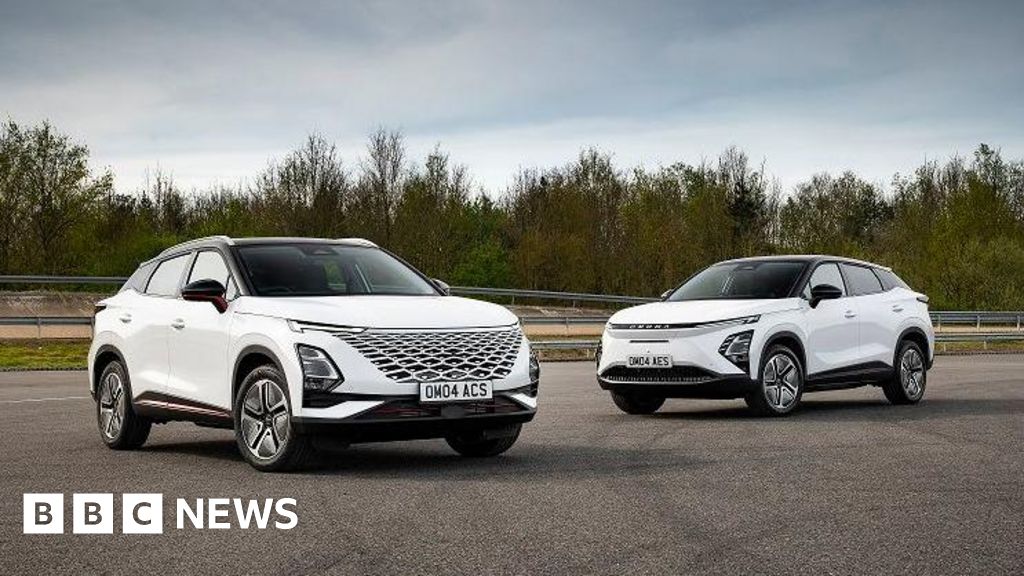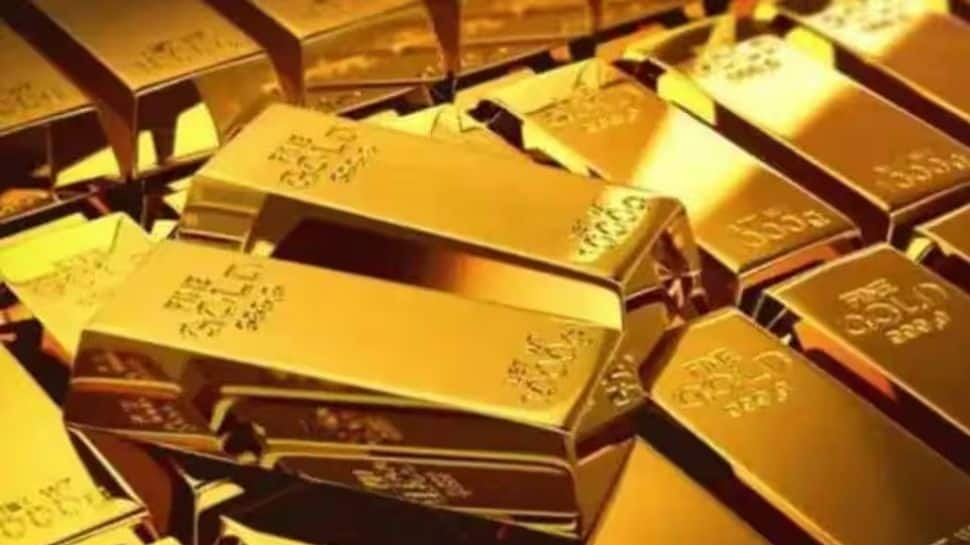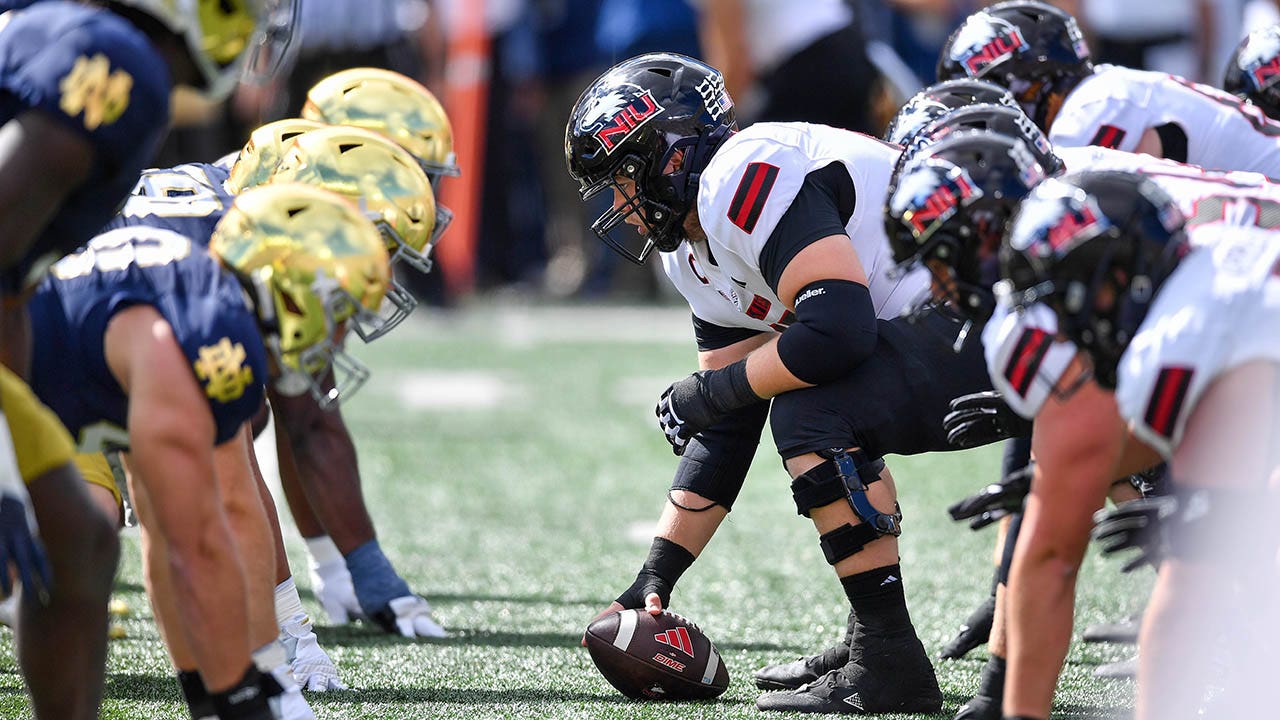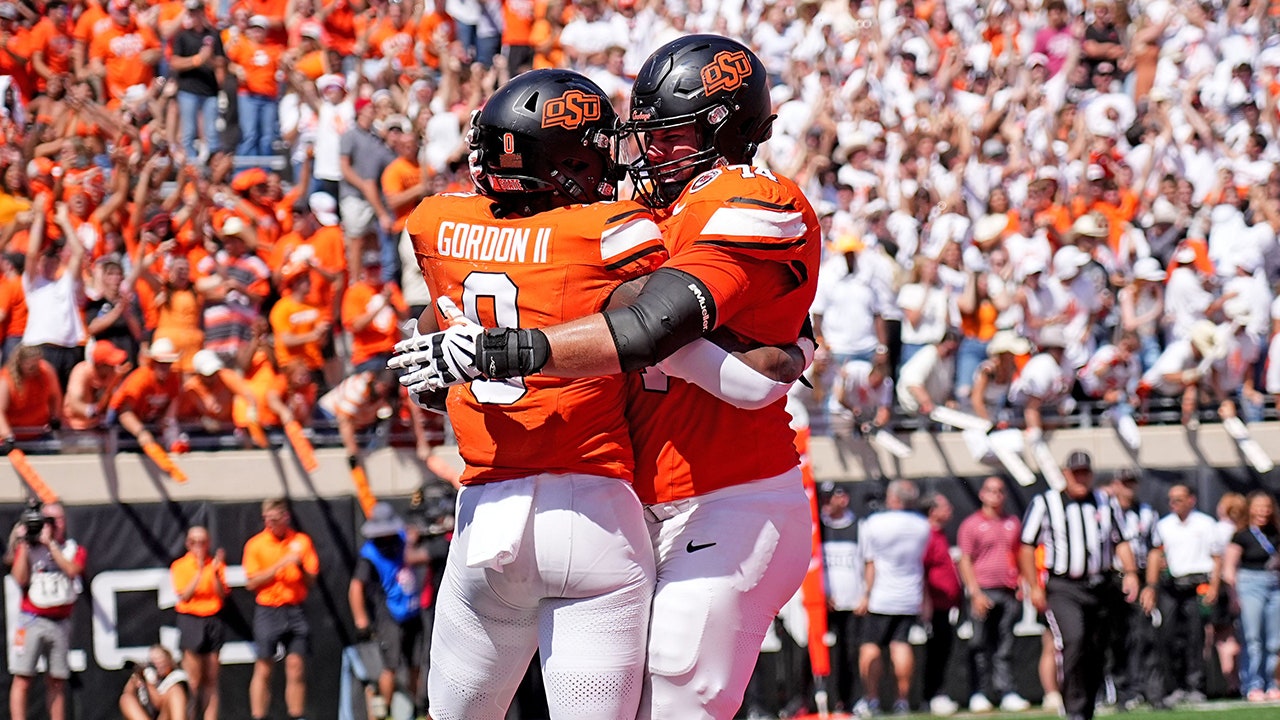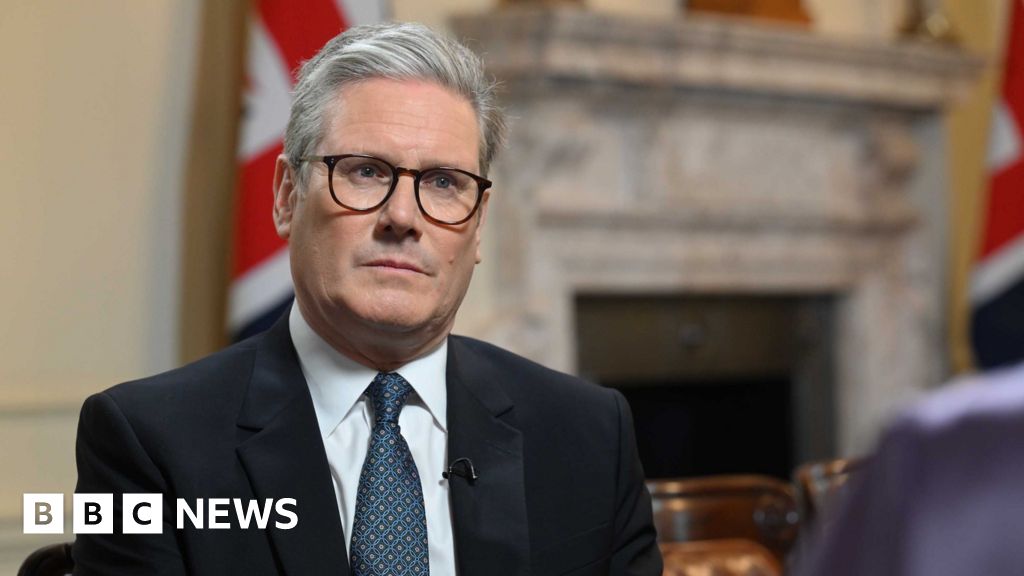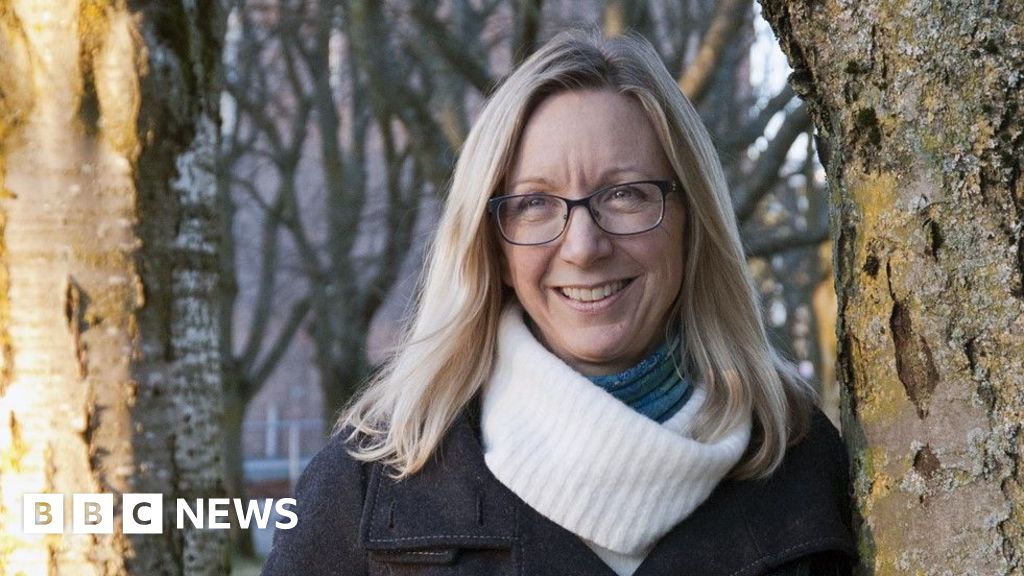 Elisabeth Oxfeldt
Elisabeth OxfeldtMany Norwegians are feeling guilty, according to Elisabeth Oxfeldt.
The professor of Scandinavian literature at Oslo University says wealthy Norwegians are increasingly contrasting their comfortable lives with those of people who are struggling, particularly overseas.
“We’ve seen the emergence of a narrative of guilt about people’s privileged lives in a world where others are suffering,” she says.
Thanks to its significant oil reserves, the largest in Europe after Russia’s, Norway is one of the world’s richest countries.
The strength of its economy, as measured per member of its population, is almost twice that of the UK, and bigger even than that of the US.
Norway even runs a budget surplus – its national income exceeds its expenditure. This is in marked contrast to most other nations, including the UK, which have to borrow money to cover their budget deficits.
Prof Oxfeldt is an expert on how Scandinavian books, films and TV series reflect the wider culture of their time. She says she increasingly sees these mediums explore Norway’s wealth guilt.
“By looking at contemporary literature, films and TV series, I found that the contrast between the happy, fortunate or privileged self and the suffering ‘other’ brought about feelings of guilt, unease, discomfort or shame.
“Not everyone feels guilty, but many do,” adds Prof Oxfeldt, who has coined the phrase “Scan guilt”.
Plots featured in recent Norwegian dramas include members of the “leisure class” who rely on services provided by migrant workers who reside in bedsits in their basements. Or women who realise that they have achieved gender equality in the workplace by relying on low-paid au pairs from poor countries to care for their children, says Prof Oxfeldt.
Life has a habit of imitating art. In March, the Norwegian government said it put a stop to granting work permits for au pairs from the developing world. Tabloid newspaper VG had dubbed the practice “west end slavery”.
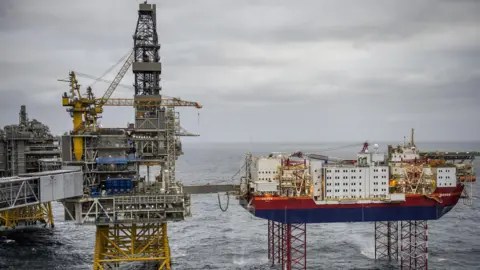 Getty Images
Getty ImagesThe Norwegian people’s guilt trips have also been egged on by a variety of people and organisations eager to question whether Norway’s wealth is based on ethical practices.
In January this year, The Financial Times published a special report that uncovered how fish oil made from ground whole fish caught off the coast of Mauritiania in Africa was used as feed by Norway’s extensive salmon farms.
The farmed Norwegian fish, which is sold by major retailers in Europe, “is harming food security in western Africa”, the paper said.
Environmental pressure group Feedback Global insisted that “the Norwegian salmon industry’s voracious appetite for wild fish is driving loss of livelihoods and malnutrition in West Africa, creating a new type of food colonialism”.
The Norwegian government responded that it wanted “to ensure sustainable feed”, and was working towards “increased use of local and more sustainable raw materials”.
Indeed, Norway says it is eager to drive a transition to a green economy, so ensuring aquaculture is sustainable will be essential as the petroleum sector is scaled back to make way for a so-called “green shift”.
This should free up finance, technology and labour for perhaps more future-proof maritime sectors, such as offshore solar and wind power, and algae production for food and medicine.
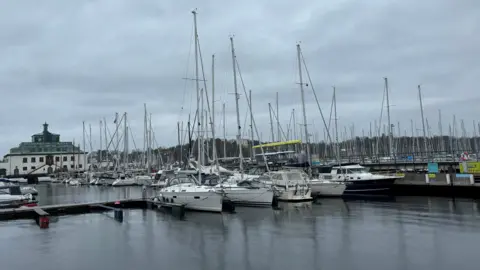
But, for now at least, this will not be enough to silence vocal critics of Norway’s lucrative petroleum industry. Climate campaigners object to continued drilling for oil and gas. Other critics say that Norway is far too reliant upon its oil earnings.
On the one hand, thanks to the oil and gas-based wealth, Norway’s working hours tend to be shorter than most comparable economies, its worker rights stronger, and its welfare system more generous.
Unsurprisingly, Norway has long been one of the happiest in the world, according to the World Happiness Report. It is currently in seventh place.
But on the other hand, reasons Børre Tosterud, an investor and retired hotelier, Norway’s “utter reliance on oil earnings” has resulted in an excessively large government budget, an inflated public sector, and a shortage of labour that holds back the private sector.
“It’s not sustainable,” he insists.
Norway has always looked to the oceans for buoyancy. The seas have been a source of food and energy, a place of work and a generator of wealth for centuries. Yet it was only in the late 1960s when discoveries of oil and gas helped turn around the fortunes of this previously relatively underdeveloped nation.
Since then, most of Norway’s vast oil earnings have been invested internationally by Norges Bank Investment Management, which is part of Norway’s central bank.
Its main investment fund, Government Pension Fund Global, otherwise known as “the oil fund”, has assets worth about 19,000bn kroner ($1,719bn, £1,332bn).
Norway’s oil export earnings surged following Russia’s 2022 invasion. Critics claimed the country was profiteering from the war, or at least failing to share enough of its sudden windfall with the victims of the aggression that had caused it.
Prime Minister Jonas Gahr Støre dismissed accusations of war profiteering, countering that Norway was able supply to much needed energy to Europe during a time of crisis.
He also points out that Norway has been one of Ukraine’s biggest financial supporters, and as such is arguably punching above its weight, given that Norway’s population is only 5.5 million.
 Jan Ludvig Andreassen
Jan Ludvig AndreassenJan Ludvig Andreassen, chief economist at Eika Group, an alliance of independent Norwegian banks, says that Norwegians have “become much richer than we had expected”.
Yet at the same time, he says that after a period of high interest rates and painful inflation, partly caused by a historically weak krone, which makes imported goods and services expensive, ordinary Norwegians don’t feel rich.
Norway is also a world-leading donor of overseas humanitarian aid.
“I think Norwegians are generous contributors to good causes,” observes Prof Oxfeldt.
However, pointing to Norway’s additional oil exports that have come about as a result of the conflict in Ukraine, Mr Andreassen says that Norway’s charitable donations “are small fry relative to the extra earnings arising from war and suffering”. This is a view echoed by Mr Tosterud.
But do they agree with Prof Oxfeldt that many Norwegians feel guilty? “Not really, except perhaps in some circles such as the environmental movement,” says Mr Andreassen.
Mr Tosterud agrees. “I don’t have any sense of guilt, and neither do I think it is widespread in Norway.”






